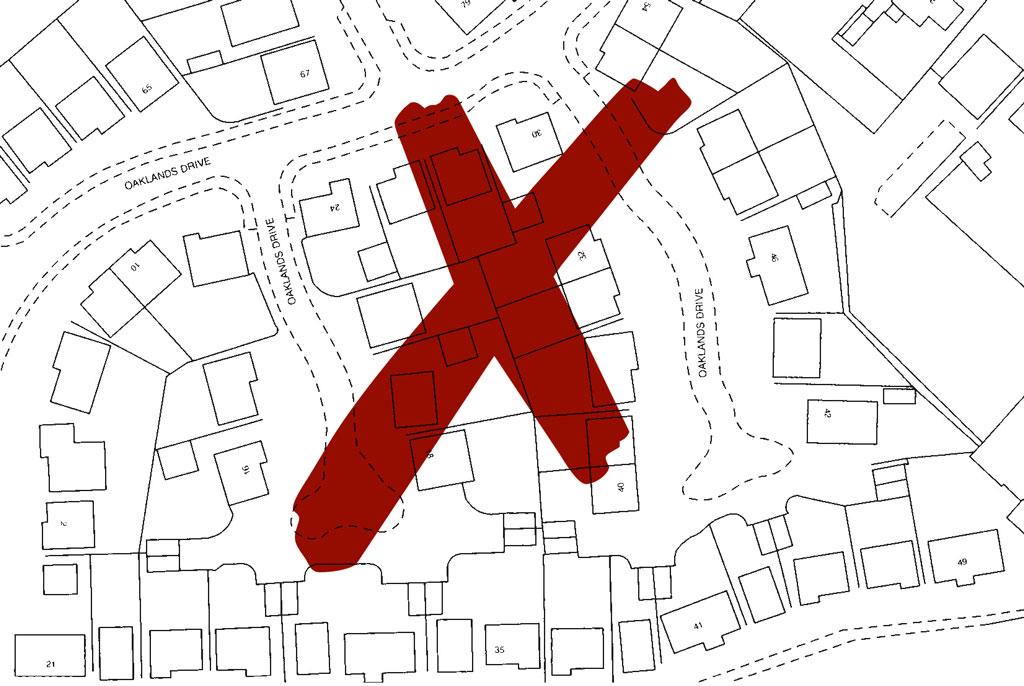
A recent decision has had a suprising effect on provisions for rectifying the land register. Nicholas Asprey reports
Schedule 4 to the Land Registration Act 2002 (LRA 2002) contains provisions for “alteration” of the land register, but Fitzwilliam v Richall Holdings Services Ltd [2013] EWHC 86 (Ch) concerns that species of alteration which is defined in para 1 as “rectification”, namely alteration which:
- involves the correction of a mistake; and
- prejudicially affects the title of a registered proprietor.
Paragraph 2 gives the court power to make an order for alteration of the register for the purpose of correcting a mistake. Paragraph 3 relates to rectification.
Paragraph 3(2) provides that no order may be made under paragraph 2 without the proprietor’s consent in relation to land in his possession unless (a) he has by fraud or lack of proper care caused or substantially contributed to the mistake, or (b) it would for any other reason be unjust for the alteration not to be made.
Paragraph 3(2) therefore gives special protection to









